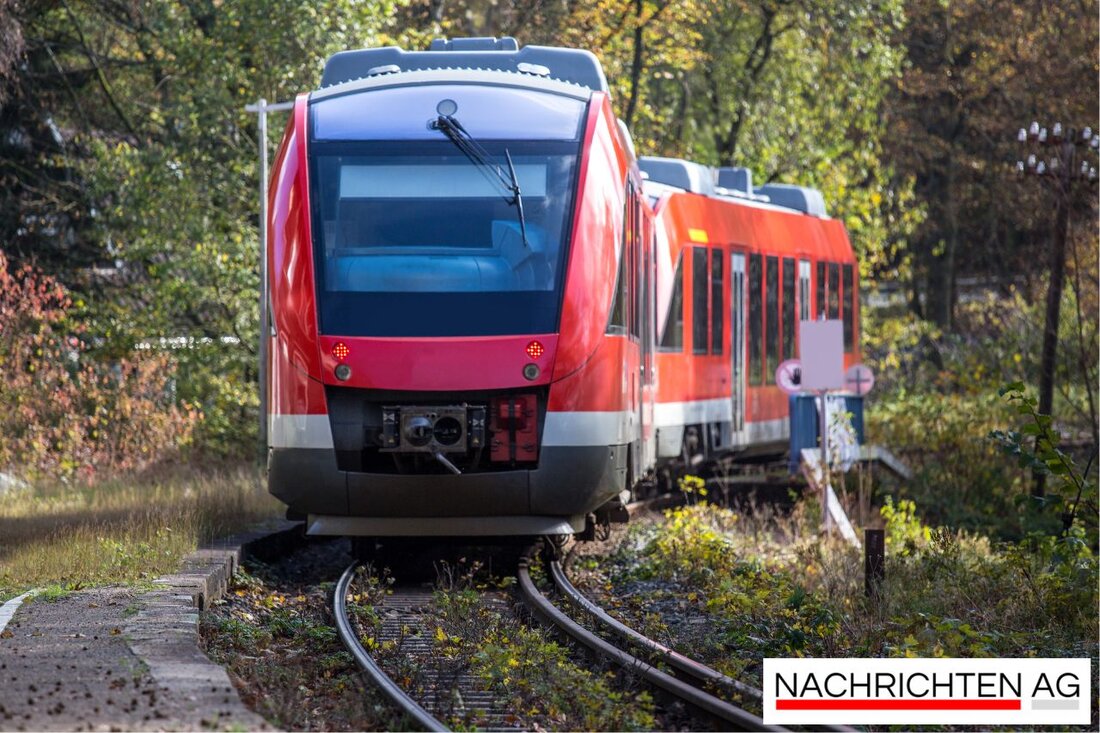Commuters in Mecklenburg-Western Pomerania: Great pressure through train failures!
Commuters in Mecklenburg-Western Pomerania: Great pressure through train failures!
Schwerin, Deutschland - In the coming months, commuters in Mecklenburg-Western Pomerania and Brandenburg will face major challenges. From August 2023, the important railway line between Berlin and Hamburg will be completely closed for nine months. This brings massive effects with it, not only on the daily way to work, but also on the leisure activities of those affected. According to Nordkurier must be counted with longer journey times.
The blocking affects thousands of commuters who rely on this connection every day. For many, this means a significant increase in travel time and possibly also additional stress. The Schwerin Ministry of Transport has described the replacement traffic concept as the most extensive in Germany. But commuters have to prepare for unscheduled delays at the beginning of the work.
replacement buses and diversions
In order to alleviate the effects of the blocking, there will be comprehensive replacement traffic. Deutsche Bahn plans to use up to 180 buses on 26 different lines in the coming months. According to db the daily mileage of these buses will be up to 86,000 kilometers. Information on replacement traffic has been available on the website of the traffic concept since February, so that commuters can plan their trips well.
However, it is clear that these are not the ideal conditions. Mayor Wolfgang Blank has already pointed out the insufficient investments in the infrastructure of the past decades and demands that Deutsche Bahn be minimized the negative effects on commuters as far as possible. The city of Schwerin has also tried to improve the connection to Hamburg, including an "IC bus as a replacement for the ICE". Critical voices from the city, such as those of Mayor Rico Badenschier, demand improvements from Deutsche Bahn- a request that the city wants to break up together with Rostock and the chambers of industry and commerce.
The pendulum everyday life in Germany
The situation in Mecklenburg-Western Pomerania is part of a major problem. According to an analysis by the Federal Institute for Building, Urban and Spatial Research, around 20.5 million employees commute in Germany. This corresponds to a pendulum quota of 60 percent among employees. The average pendulum route is 17.2 kilometers. In addition, commuting often leads to health challenges. Commuters report an increased susceptibility to mental illnesses and often suffer from back pain or sleep disorders. It is interesting that over 68 percent of commuters drive to work by car, while only 14 percent rely on public transport, which also has a significant impact on the environment.
The persistent discussion about commuting underlines the need for close cooperation between employers and transport companies in order to improve the quality of life of the commuters. The situation could possibly be improved with a variable approach that includes home office options, carpools and the expansion of public transport.
The coming months will show how well replacement traffic works and what long -term measures are taken to optimize the connection and everyday life of commuters. What is certain is that it is time for changes - both in the infrastructure and in understanding the challenges that commuting brings.
| Details | |
|---|---|
| Ort | Schwerin, Deutschland |
| Quellen | |


Kommentare (0)